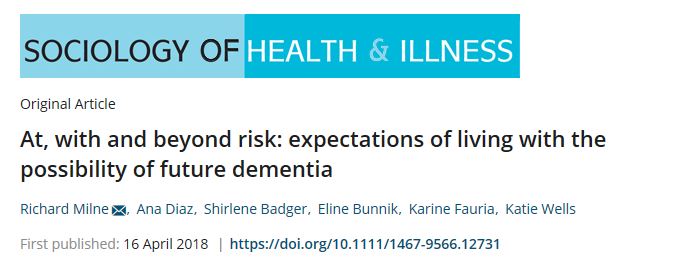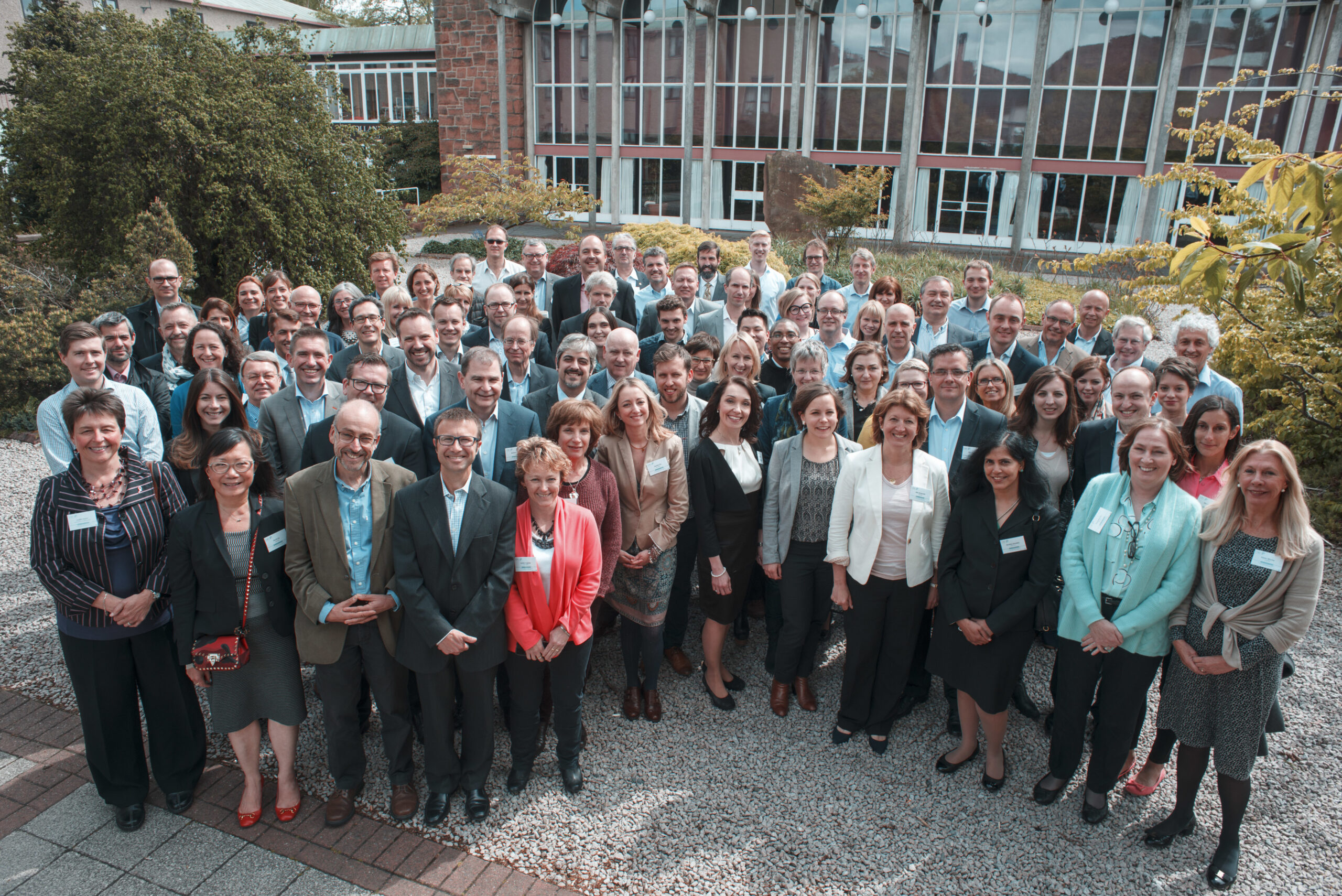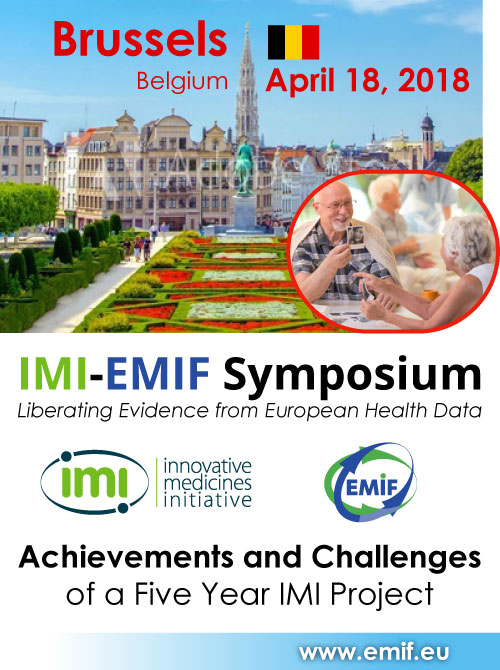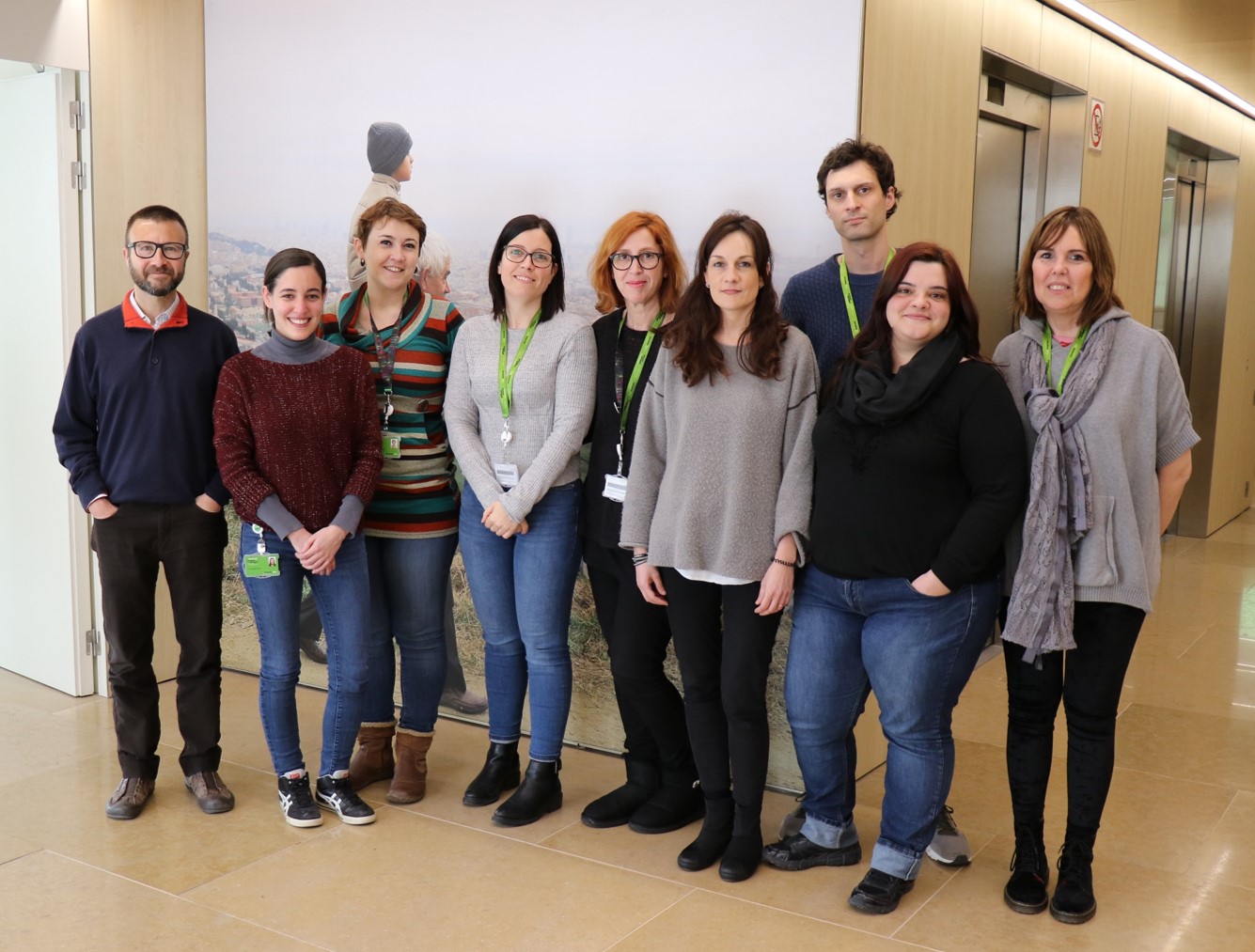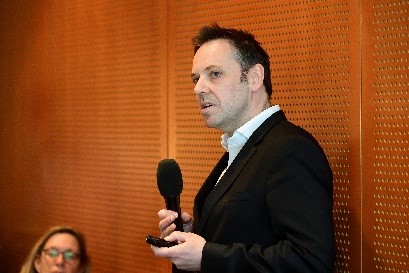What is your current role in EPAD?
As a Data Scientist at Aridhia, I support the development and maintenance of the Analytical Database for the EPAD Longitudinal Cohort Study. IQVIA securely transfer the collated project data from their EDC platform (Medidata Rave) to our digital research platform (AnalytiXagility) on a regular basis. We transform the data into the Health Analytics Schema (HAS), a database model designed by Aridhia to support consistent health analytics. The Analytical Database is then used to support several work packages within the EPAD project such as the Balancing Committee and the disease modelling work.
Aridhia also provide several AnalytiXagility workspaces – cloud-based, private research environments – where EPAD project partners can access the Analytical Database and collaborate around the data. I have been involved in the development of several prototype applications within this environment to support the Balancing Committee in their decision making, help track the recruitment to and growth of the EPAD LCS and provide interactive visualisations of the data in the Analytical Database.
What did you do prior to joining EPAD?
I have been at Aridhia now for 4 years. Prior to joining the company, I studied mathematics at the University of Edinburgh and so I really enjoy building modular solutions to address complex problems. I also enjoy diving into the specific analysis, visualisation and modelling tasks expected of a data scientist when the opportunity arises. Although this is often a small part of the battle, especially when healthcare data is involved.
During my time at Aridhia I’ve been involved in many projects including CHART-ADAPT, where Aridhia supported the use of high-frequency data to advance research and treatment for patients with traumatic brain injuries. I’m currently working closely with Great Ormond Street Hospital NHS Foundation Trust and Radboud University Nijmegen Medical Centre, where AnalytiXagility functions as the organisation’s digital research and innovation platform.
Tell us a bit about the institution/company/organisation you work for.
Aridhia was founded on the principle that to bring about real change, a multidisciplinary, collaborative and data-driven approach to innovation is vital. Early development of AnalytiXagility was funded by Innovate UK in 2013, and today the platform is commercially available as a fully-fledged collaborative digital research environment for biomedical research, precision medicine and healthcare teams.
We are headquartered in Glasgow’s Queen Elizabeth University Hospital, and from there the Aridhia team delivers open innovation services across the UK and Europe in collaboration with the NHS, research organisations, life sciences companies, IT service providers and patients.
What are your expectations from the EPAD project?
EPAD is an extremely innovative and ambitious project both within itself and in its initiative in adopting consistent and reproducible approaches to trial recruitment; integration of multiple data sources; and secure, ethical use and re-use of research data. I am delighted to be involved in the project as recruitment to the adaptive clinical trials begins with great potential for the advancement of our understanding of Alzheimer’s dementia and the development of preventive treatments. I also hope that the lessons learned, and approaches adopted within EPAD can be used to inform clinical trials in other domains, accelerating innovation within healthcare research.



